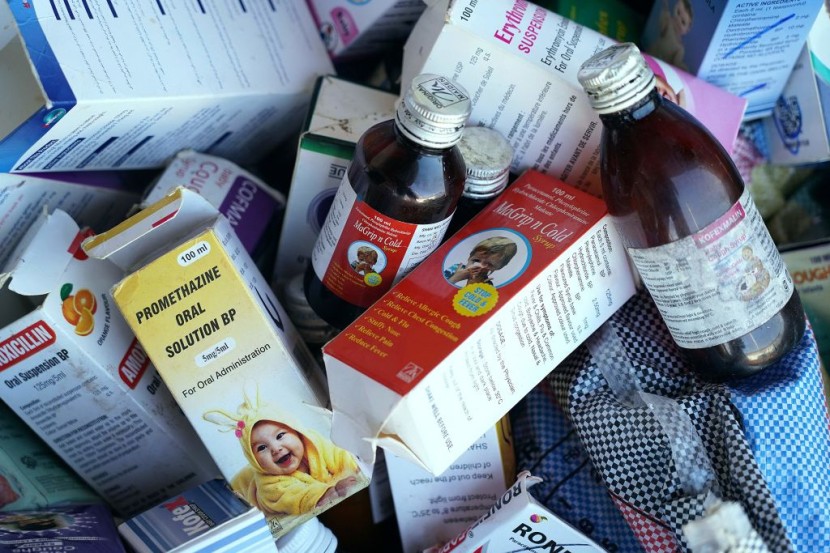The Indian government has issued a notice stating that cough syrups must undergo mandatory testing before being exported. This decision was made following reports that Indian-made cough syrups were responsible for the deaths of many children in Gambia and Uzbekistan.
Starting June 1, the government has mandated that any cough syrup being exported must have an official certificate of analysis from a government laboratory. This notice was issued on May 22 and was shared by the health ministry on Tuesday, May 23, as reported by South China Morning Post.
The pharmaceutical industry in India is valued at US$41 billion and is among the largest in the world. However, the industry's standing was compromised when the World Health Organization (WHO) discovered that cough syrups produced by three Indian companies contained toxins.

Last year (2022), it was discovered that the syrups produced by two companies were responsible for causing the deaths of 70 children in Gambia and 19 in Uzbekistan.
The notice listed seven laboratories owned by the federal government and other state laboratories certified by a national accreditation organization where samples can be sent for testing purposes.
When Indian authorities tested cough syrups made by Maiden Pharmaceuticals Ltd, they found no poisonous substances. However, they did find impurities in many drugs produced by Marion Biotech, whose cough syrups were connected to deaths in Uzbekistan.
Earlier this year, the health minister and federal and state regulators met in Hyderabad to come up with a solution to the problem of cough syrups that were exported and caused the deaths of children. This information was found in a document from the office of Prime Minister Narendra Modi, dated May 15.
Read also : India Opposes Legalization of Same-Sex Marriage
The Alarming Numbers of Contaminated Cough Syrups
The issue of contaminated cough syrups is not limited to just Gambia and Uzbekistan. In fact, it has been a problem in several other countries as well. The World Health Organization (WHO) has issued warnings about the dangers of fake drugs and substandard medicines that are being sold across the world.
One major concern is that these counterfeit medications often contain harmful substances or incorrect dosages, leading to serious health consequences for those who take them. This problem particularly affects low-income countries where regulations on drug production may be weaker.
To combat this issue, WHO recommends strengthening regulatory systems and increasing public awareness about the risks associated with purchasing unverified medications from unauthorized sources.
In India specifically, there have been calls for tighter regulation of pharmaceutical companies following incidents like the one involving Maiden Pharmaceuticals Ltd and Marion Biotech. Some advocates argue that more stringent measures should be put in place to monitor drug manufacturing processes at every stage - from raw materials sourcing through distribution channels - to prevent any potential harm caused by tainted products reaching consumers.
Overall, ensuring access to safe medication remains an ongoing challenge worldwide, especially given the rising demand for healthcare services amidst increasingly complex supply chains, leading people vulnerable without adequate government oversight into potentially dangerous situations when buying their medicine off-market or online illegally.
Related article : India's Supreme Court Could Soon Have Ruling on Same-Sex Marriage Issue
© 2025 HNGN, All rights reserved. Do not reproduce without permission.








